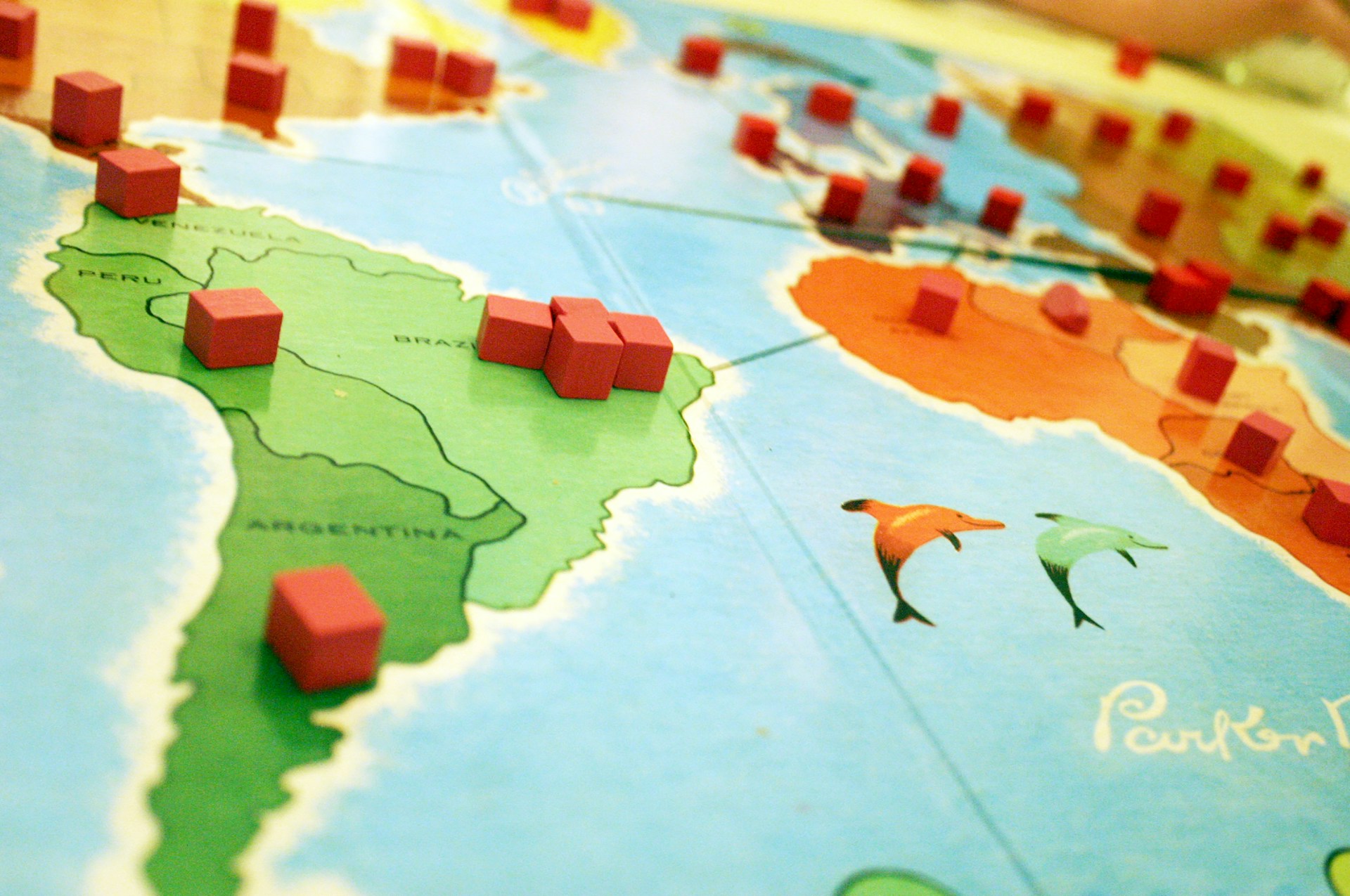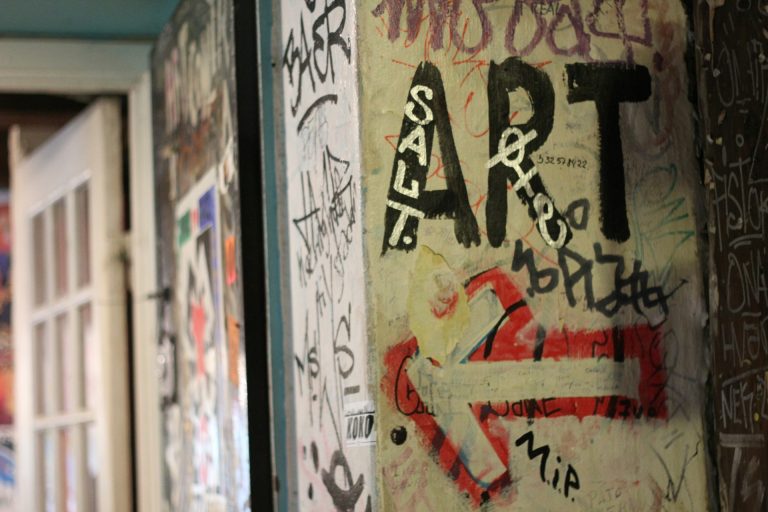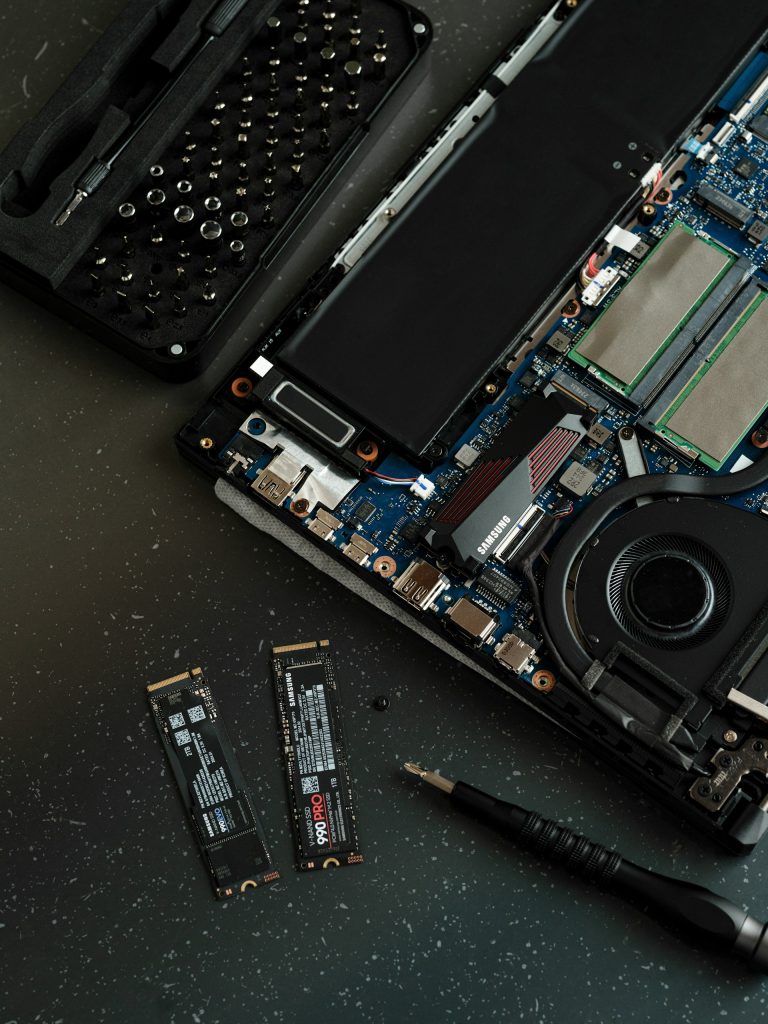This seminar is linked to the European project MiCREATE
This seminar is part of a series of self-training activities that explore references and experiences that allow us to respond to the challenges that emerge from our stay in primary and secondary schools within the framework of the MiCREATE project. One of these challenges is to think and plan with the schools well-founded proposals that allow reviewing the colonial frameworks of thought that guide educational decisions and to generate decolonial alternatives.
For this purpose, this seminar has three main purposes: a) to generate a current of thought in the face of the challenges of school education; b) train ourselves from a collective learning device and c) project decolonial frameworks and strategies that can be shared with the primary and secondary schools with which we collaborate.
The challenge posed to us is how to relate to what has been thought to question the colonial discourse –of which we, by geographical, historical and mental location are part of– to recognize our colonial, Eurocentric and cosmopolitan inertias, and take them to the pedagogical –which is part of the colonial narrative– to decolonize it. What can lead us, as Catherine Walsh (2008) points out, on the one hand, to recognize our own pedagogies (inwards home), and on the other, pedagogies with “others” (outwards home).
One of the challenges of this seminar has been the selection of texts from the abundant material available and generated, above all, by Latin American colleagues in the last twenty years. Those who attended the seminars with María Paz Aedo and José Romero in the first semester of this academic year have already made an approach to the decolonial proposals of Anibal Quijano, Frantz Fanon, Enrique Dussel, Walter Mignolo, Catherine Walsh among others. These ‘foundations’ will be present in some of the texts that we now share.
The readings for the seminar
As in the previous seminar, we propose to have each session led by one or two people, who introduce the texts and pose questions and/or topics for conversation. Taking the minutes, which gives way to collective annotations, can complete each meeting.
January 13th: Placing the framework of decolonial pedagogies
In this first session, the proposal is to dialogue with two texts that offer a panoramic vision of decolonial pedagogies.
- Argüello Parra, Andrés (2015). Pedagogía decolonial: Trazos para la construcción de un paradigma-otro desde la educación.Correo del Maestro, Revista para profesores de Educación Básica. 19(226), 28-37.
- Ramallo, Francisco (2013). La educación en clave de-colonial: apuestas pedagógicas, saberes y experiencias desde las historias propias. Revista de educación, 6, 249-266.
January 20th: Decolonial Pedagogies, Frontier Thought and Decolonial Competencies
In this second session we open the focus to situate in a relational way some axes that can place us in a genealogy of decolonial pedagogies. The challenge of these first two sessions is to review our ‘thought images’ and move from them to our different realities.
- Ortiz Ocaña, Alexander; Arias López, María Isabel; Pedrozo Conedo, Zaira Esther (2019). Pensamiento decolonial y configuración de competencias decoloniales. Revista Ensayos Pedagógicos, 14(1), 203-233.
January 27th: Decolonial pedagogies to promote an education and a society other
In this session we will discuss two articles that specify some ways of approaching the life of schools to promote a decolonial attitude.
- Ortiz Ocaña, Alexander; Arias López, María Isabel; Pedrozo Conedo, Zaira Esther (2018). Hacia una pedagogía decolonial en/desde el sur global. Revista nuestrAmérica, 6 (12). 195-222.
- Moreno Medrano, Luz María; Corral Guillé, Gustavo (2019). Metodologías inductivas interculturales para una pedagogía decolonial. Sinéctica, revista electrónica de educación, 1-20.
February 3rd: Decolonial pedagogies, posthumanism and pedagogies of ‘discontent’
In this session we will dialogue with two articles by Michalinos Zembylas, professor of Educational Theory at the University of Cyprus, who invites us to make sense of decolonial pedagogy by linking it with posthumanism. An interview with him can be found in Matter, Journal of New Materialist Research that we published from Pedagogías Culturales.
- Michalinos Zembylas (2018). The Entanglement of Decolonial and Posthuman Perspectives: Tensions and Implications for Curriculum and Pedagogy in Higher Education, Parallax, 24:3, 254-267.
- Michalinos Zembylas (2018). Affect, race, and white discomfort in schooling: decolonial strategies for ‘pedagogies of discomfort’, Ethics and Education, 13:1, 86-104.
February 10th: To continue the conversation: culturally sustainable schools
To finish, the founding text, written by Django Paris and published in Educational Researcher –the AERA magazine– of what has come to be known as “Culturally sustaining pedagogy”. A perspective that, if you would like to, we can explore in depth in the next seminar.
- Paris, D. (2012). Culturally sustaining pedagogy: A needed change in stance, terminology, and practice. Educational Researcher, 41(3), 93–97.
Dates
January 13th, 20th and 27th, February 3rd and 10th 2021
From 10 to 12h



